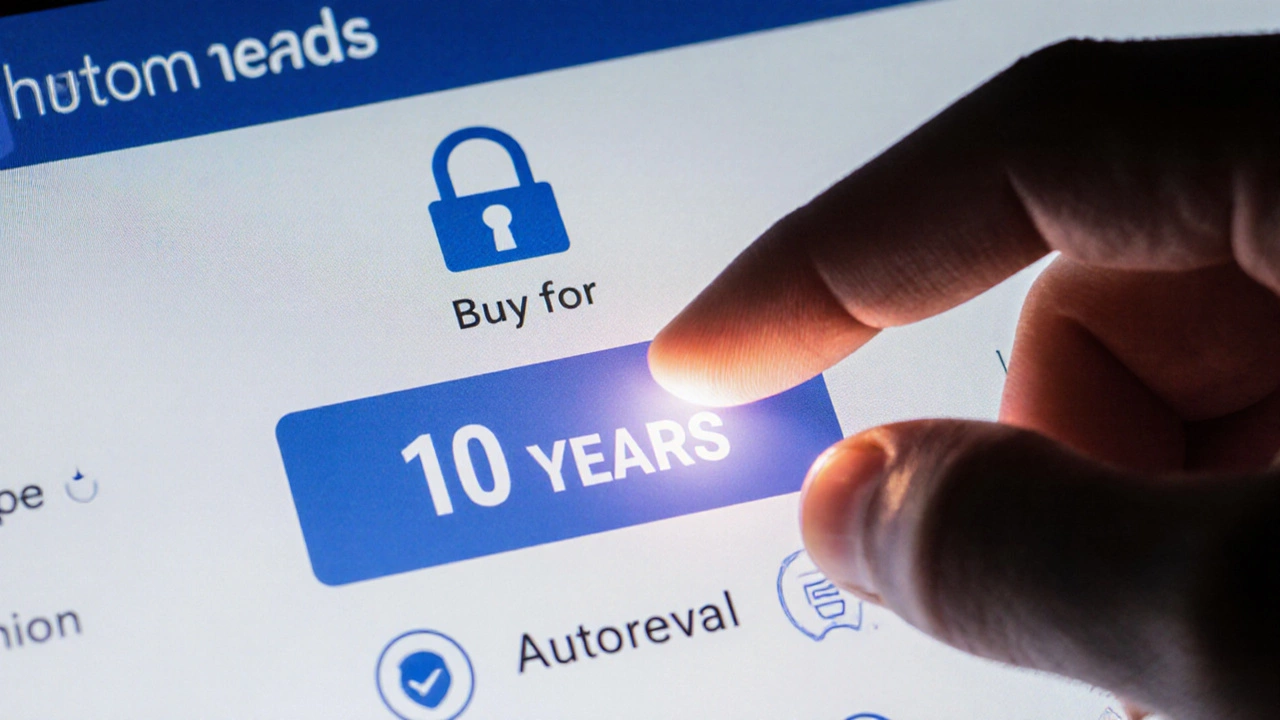Domain Privacy: What It Is and Why It Matters for Indian Bloggers
When you register a website, your name, address, phone number, and email get published in a public database called WHOIS, a global directory that lists ownership details for every registered domain name. Also known as domain registration records, this info is meant for accountability—but in practice, it’s often scraped by spammers, scammers, and data brokers. That’s where domain privacy, a service that replaces your real contact details with those of a proxy provider. It’s also called private registration—and it’s not optional if you’re serious about running a blog in India.
Most Indian bloggers start with free platforms or cheap hosting, thinking security isn’t important. But once you own a custom domain—whether it’s for a relationship advice blog, a poetry site, or a YouTube companion page—your personal info becomes a target. Spammers use WHOIS data to send fake renewal notices that look like official invoices. Scammers call you pretending to be from your registrar, asking for your password. Even well-meaning marketers buy lists of domain owners to pitch SEO services you never asked for. Domain privacy blocks all of that. It doesn’t make your site more secure from hackers, but it keeps your life offline from bleeding into your online work. And if you’re using Google Sites or another free builder, you might not even realize your email is exposed—because some of these platforms don’t offer privacy at all.
For Indian bloggers who write about personal topics—like love, culture, or mental health—domain privacy isn’t just a tech feature. It’s a boundary. It lets you share stories without inviting strangers into your home address or phone. It protects small creators who can’t afford legal help if someone misuses their info. And with India’s new Digital Personal Data Protection Act (DPDP), a law that gives you control over how your data is collected and used, hiding your domain details aligns with your rights. You’re not hiding from the law—you’re protecting your space.
Below, you’ll find real guides from Indian bloggers who’ve dealt with spam, scams, and domain confusion. Some explain how to enable domain privacy after registration. Others compare free hosting tools that hide your info versus those that don’t. There’s even a post on how to switch domains without losing traffic. These aren’t theory pieces—they’re fixes from people who’ve been there. Whether you’re just starting out or you’ve been blogging for years, this collection will help you take back control of your digital footprint.
- Arjun Bhardwaj
- 13-11-25
- Website Creation
How to Buy a Domain Name for Good (No Renewal Surprises)
You can't buy a domain name forever, but you can lock it in for 10 years with auto-renewal and privacy protection. Learn how to avoid renewal scams, choose the right extension, and keep your domain safe for good.
Details